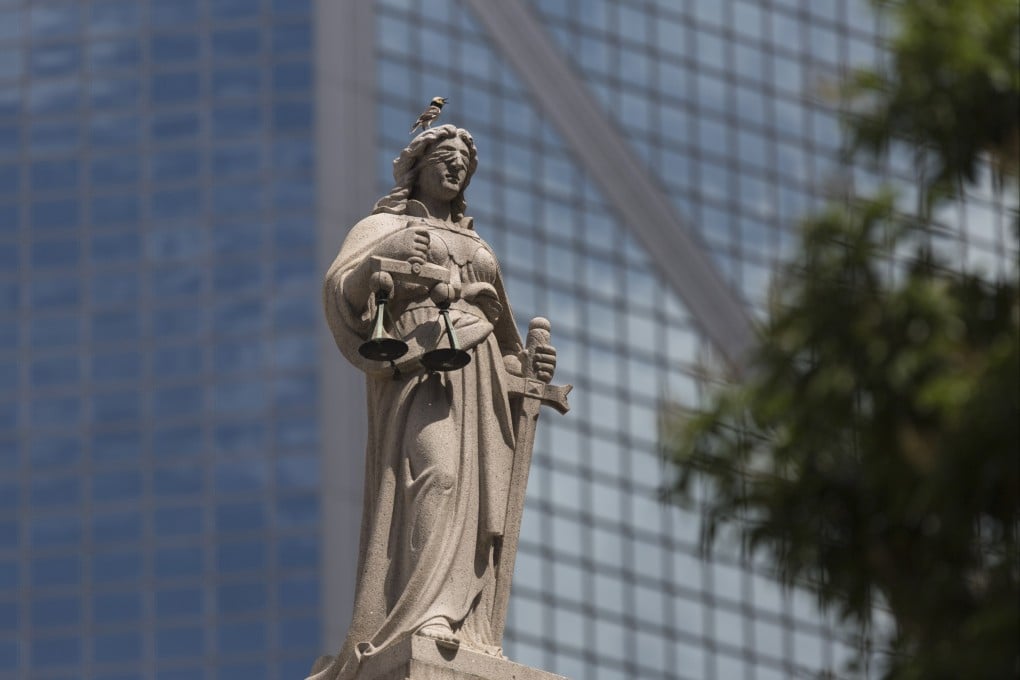Opinion | National security: how stifling political dissent became part of Hong Kong’s rule of law
- The rule of law is dependent on the laws in place. If they are in some ways repressive, then that form of law will govern. This may have been Beijing’s intention in introducing the national security law

Hong Kong’s Court of Final Appeal acknowledged this last year when it said it would not review “any alleged incompatibility as between the NSL [national security law] and the Basic Law or the International Covenant on Civil and Political Rights (“ICCPR”) as applied to Hong Kong”.
Still other rights specified in the pre-2020 Basic Law, like the right to a jury trial and bail were also weakened by the national security law. Previously, defendants would usually be granted bail – rather than languishing for months in jail before a trial determined their guilt or innocence.
As it says in Article 5(3) of the Hong Kong Bill of Rights, “[it] shall not be the general rule that persons awaiting trial shall be detained in custody, but release may be subject to guarantees to appear for trial”.
